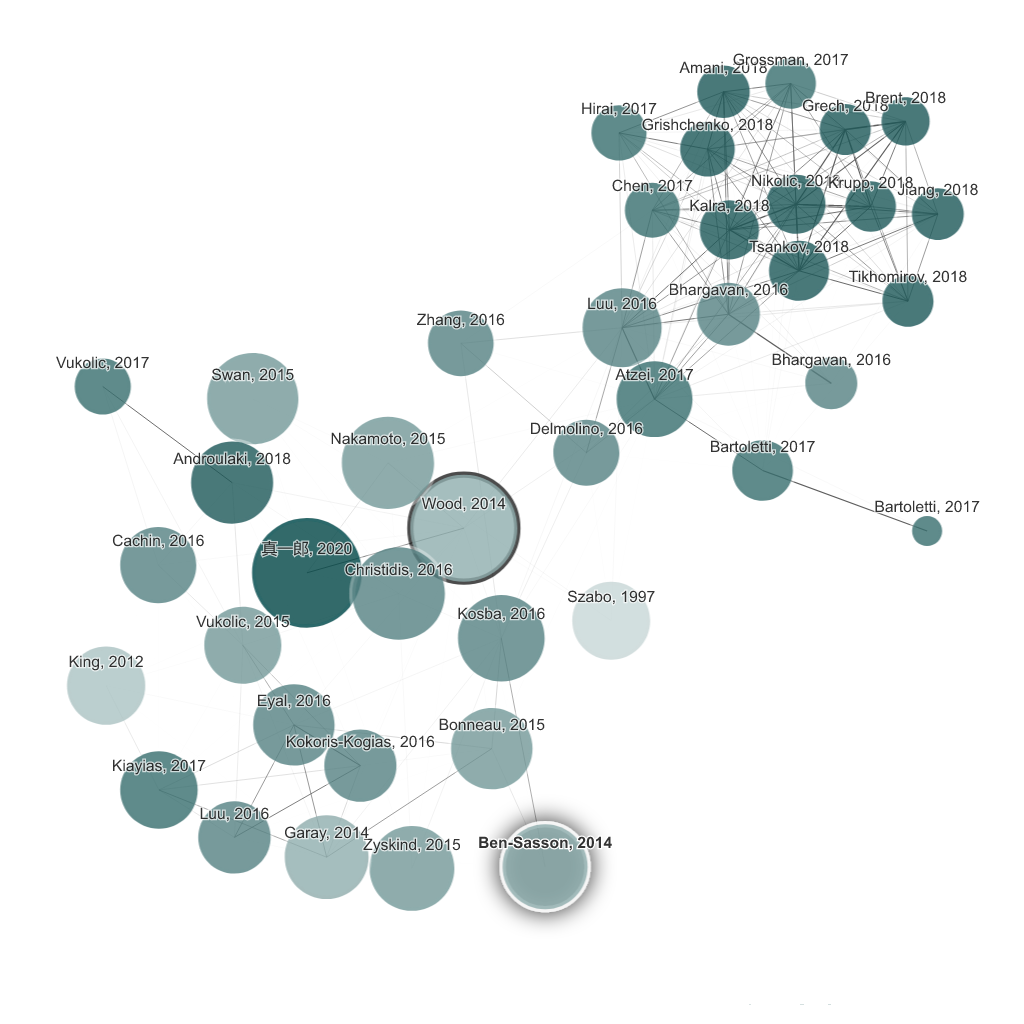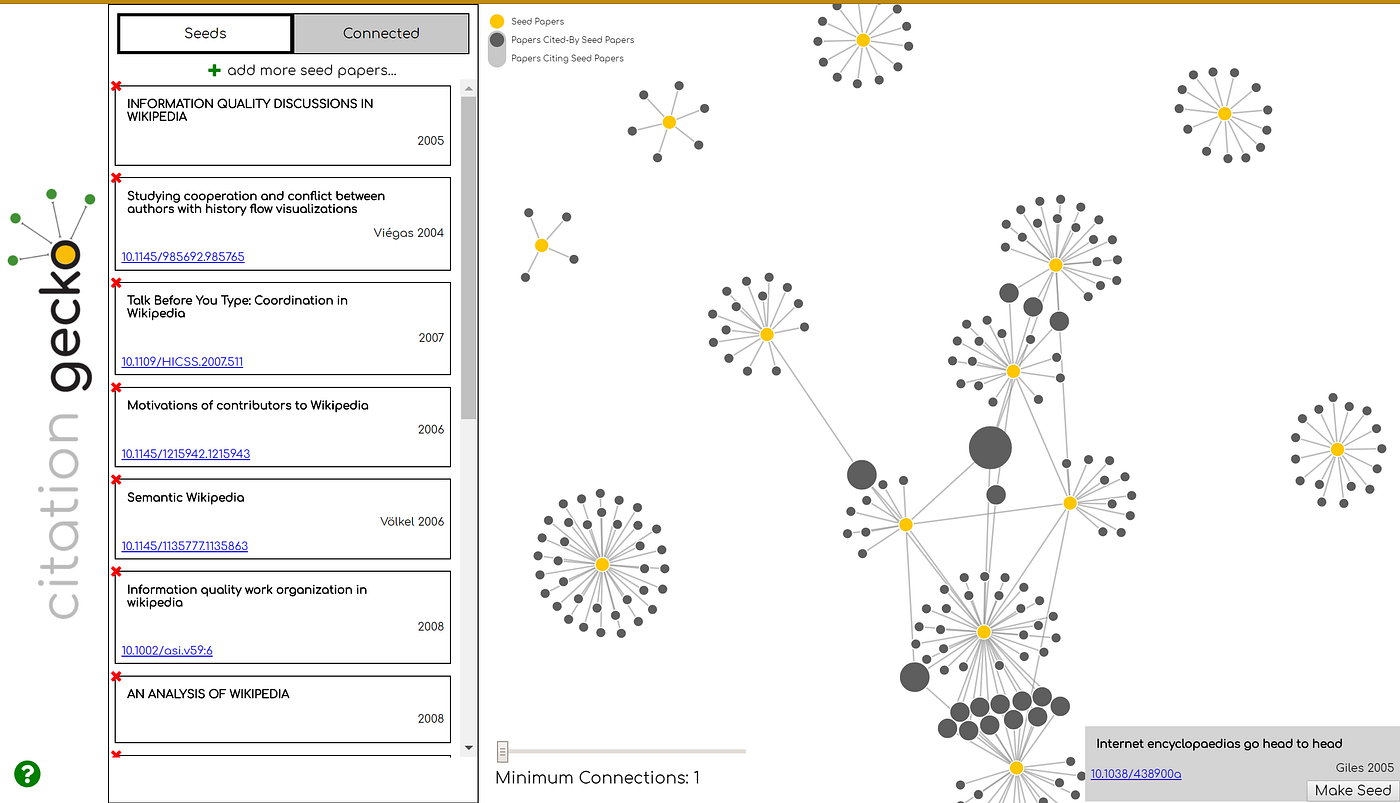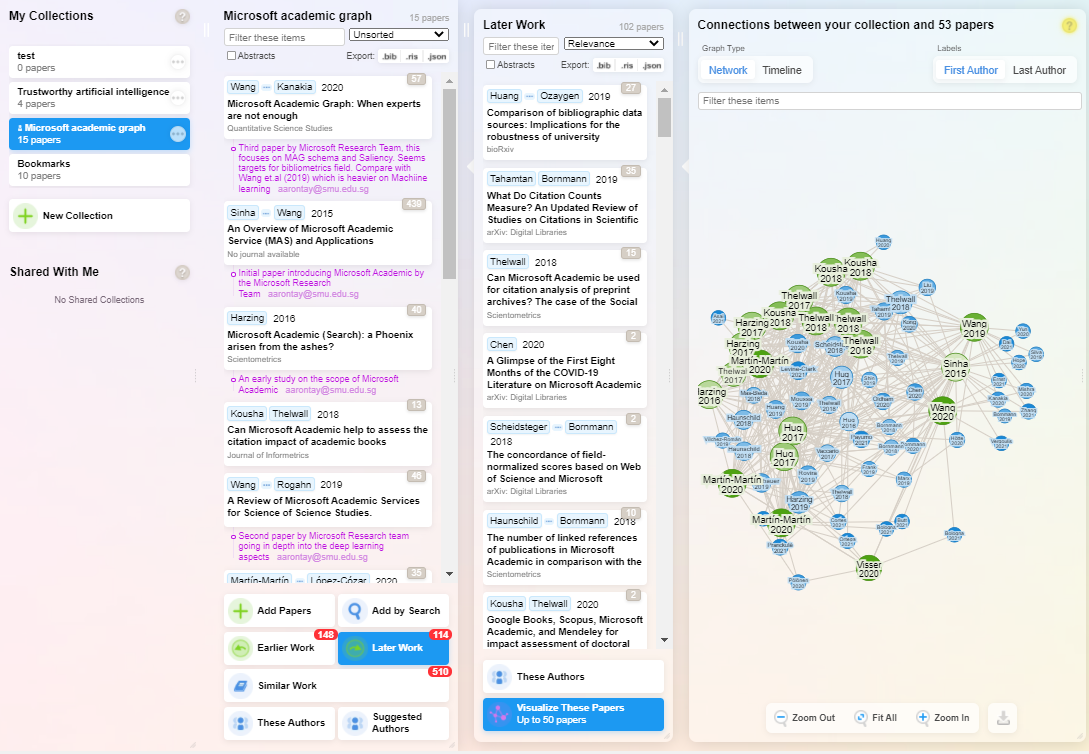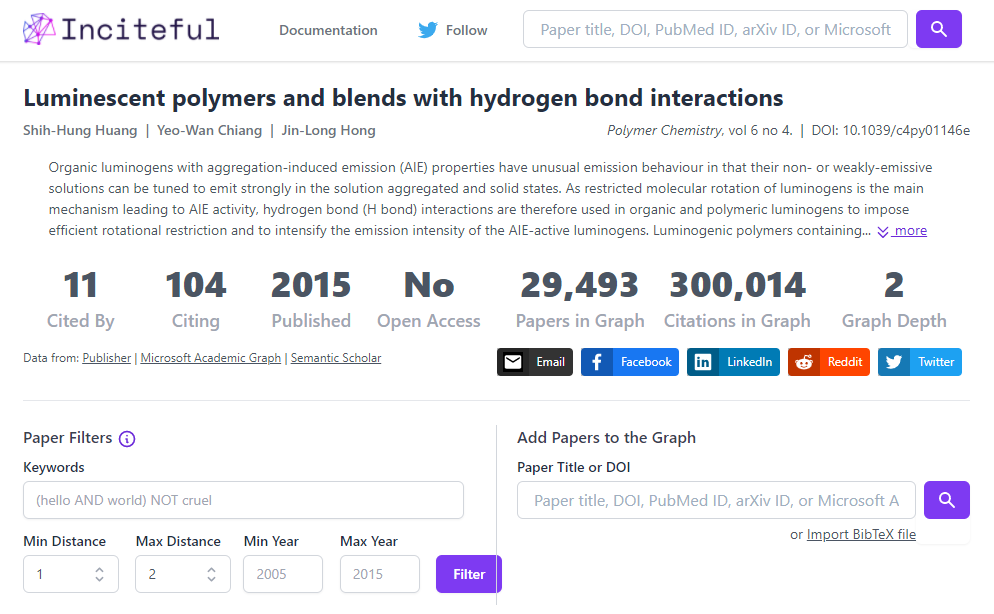This page collects a set of digital tools, websites, and tutorials that I found. I think that some of the tools in this list might be considered essential and others might be simply useful to know they exist for both Ph.D. students and researchers in general.
I find it very hard to discover tools and websites of this type. I discovered most of those tools by chance wandering on the internet. Some other tools instead, were discovered because of a specific need I had as a Ph.D. student (hence the name of the list). I think that the best way to discover new tools and methods for doing research is by talking to colleagues and friends, but a collection to look at when in need, might be of help.
There is no affiliation with any of the links on this page. The sole purpose of this collection is to spread knowledge on tools that might be useful for research but one might not have encountered yet. My hope is that anyone can contribute to this list and allow others to discover new interesting websites, digital tools, or even tutorials that might help research.
Most of the tools presented here are free or even open source, for ease of accessibility.
This list is by no means complete, there are many tools that I do not know of or I have simply not encountered yet. If you know some tool or website that you think might be useful to others, please update this list on GitHub or simply let me know what those are.
Literature overview
Given a paper, it is not always simple to discover what research it is based on, or what has been done after that. Of course, looking at the references of the paper and what papers cite your original paper (on Google Scholar for example) does the job but a graphical interface with useful commands and filters might help. In this section, there are a few websites that help you search through papers and authors to get an idea of the context of a given paper. Some of the websites look at the citations (e.g. Citation Gecko) others look at different similarity metrics (e.g. Connected Papers).
Connected Papers

Citation Gecko

Research Rabbit

Inciteful

Web of science
Scimago
Scopus
Keeping up with new research in your field
It is no secret that keeping up with current research is not simple. Here we have a digital tool that sends you an email weekly on some of the new publications in your field.
Google Scholar Alerts
Arxiv recent submissions
Literature Organization
Of all the sections in this list, I think this is the most important one. I find that having a digital tool that keeps the hundreds of papers you have laying around on your computer organized for you is a must.
Zotero

Mendeley

Latex IDE
This section contains a bunch of programs to compile documents in latex. Each program has its pros and cons, none is perfect. However, if you are not happy with your current Latex setup, it is good to know that there are other options.
Overleaf
VSCode + Latex workspace
TexStudio
PDF readers
Once again, it is just good to know that there are alternatives.
Hammer PDF
Paperly
Sioyek
Okular
Version control
This list is for sure very well known to programmers but I think it is important for anyone who has to work with digital files. The problem that is solved by the programs and websites in this list, is one of keeping track of the different versions of files and projects. This is usually used for software development but it can be used also for latex articles (Overleaf uses it internally) or any type of digital file you can imagine. If you ever found yourself naming your files “artile.tex”, “artile_2.tex”, “artile_3.tex”, “artile_3_1.tex”, “artile_3_updated.tex” and you are tired of this method, this list is for you.
Git
GitHub
GitLab
Spell Checkers
If you want to be sure to avoid grammatical errors, there are options for that. Be careful though, they are not perfect, and you should check every correction they want to make.
Grammarly
Writefull
Note-taking
In recent years, a large number of note-taking apps have surfaced. Each app is different, having its philosophy, but there might be something for your taste.
Obsidian
 Guides on how to use Obsidian for academic work can be found Here and Here.
Guides on how to use Obsidian for academic work can be found Here and Here.
Notion
Evernote
Xournal ++
This is an amazing open-source app for note-taking and PDF annotation on computers (with any operative system) and a touchscreen or Wacom tablet.
Goodnotes
Unfortunately, this works only on iPad.
Graphs and figures for papers
I find this section the most disappointing of all. If you write papers in LaTex you know that TikZ allows you to produce amazing graphs and drawings with the same style as your paper (because it uses the same rendering engines). However, writing code for TikZ is not trivial at all, and it is for sure time-consuming. Unfortunately, the is no good solution to drawing figures in a graphic environment and then exporting them in TikZ. Every solution I tried works only partially or with some caveats. Also, many programs to produce beautiful figures are (very) expensive (e.g. Adobe Illustrator). Here you can find the list of the best tools I found.
Examples of incredible figures made in Tikz:
Inkscape
Inkscape is an open-source program for vector graphic design. In my opinion, this is the best solution available at the moment.
The two tutorials by Gilles Castel and Pingbang Hu show how to use Inkscape to produce figures in PDF with separate text that is then rendered by LaTex. The results, as it is shown in the two tutorials, are amazing.
There is also an extension for Inkscape that allows exporting the figure in TikZ.
The only major problem with this solution is that Inkscape is not easy to use.
Quiver
Quiver is a lovely website to draw commutative diagrams in Tikz. It is extremely simple to use but it only allows for commutative diagrams.
mathcha.io
It contains a built-in drawing feature with basic functionality that can export in TikZ.
tikzplotlib
Apparently, as i discovered on this very good tutorial on tikz, the python library tikzplotlib is capable of exporting tikz code from figures in both matplotlib and seaborn.
LaTeXDraw
TikZiT
Presentations
Nothing wrong with PowerPoint or google slides, it is simply good to know that there are alternatives.
Beamer
It is the LaTex environment dedicated to presentations. It is very fast to produce a presentation if you need to use a lot of formulae from one of your papers written in latex.
Manim
Manim is a python library developed by a Youtuber (3Blue1Brown) for the sole purpose of mathematical animations. The results are stunning.
reveal.js
Self-promotion
Having an online presence might be important in some cases. Here are a few tools to know.
GitHub Pages
If you want to have a personal website where to show your research, you can host it (for free!!) on GitHub. For a basic website, you do not even know how to build a website! You just need a markdown file.
This whole list is a markdown file hosted on GitHub Pages!
A quick tip: If you want something more advanced but not too complicated you can download for free and modify one of the pre-prepared websites of HTML5 UP! and host it for free on GitHub Pages, as shown in this tutorial.
Google Sites
It is another easy way to obtain a personal website. But you need a domain to publish the website (you can buy one on the website).
Google Scholar Profiles
Funds, Grants, and Fellowships
A couple of websites to have a look at when preparing for your next position as a researcher.